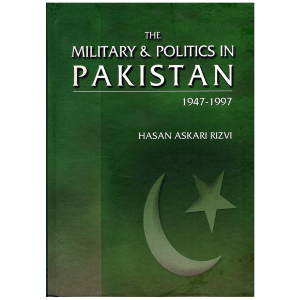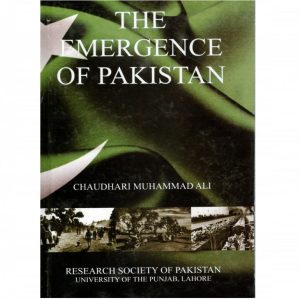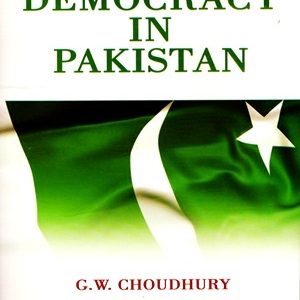Description
Pakistan Manifest Destiny by Atif F Qureshi: A Path to National Revival
Pakistan Manifest Destiny By Atif F Qureshi. In the compelling book “Pakistan's Manifest Destiny,” author Atif F Qureshi delves deep into the heart of Pakistan's historical journey and its potential future. Recommended for FPSC CSS aspirants for the compulsory subject of Pakistan Affairs, this book is a treasure trove of insight, combining historical analysis with visionary foresight.
In addition, the narrative begins by revisiting the inception of Pakistan in 1947, born from an inspired vision and achieved through immense sacrifice. Qureshi captures the early optimism and energy that defined the newborn nation, setting the stage for an exploration of the subsequent challenges it faced. So, the book critically examines the decades of struggle, division, and poverty that followed, offering a profound understanding of the nation's journey. Pakistan Manifest Destiny By Atif F Qureshi
Moreover, Qureshi's analysis is incisive as he identifies the adoption of Western political, legal, and economic systems as a primary cause of Pakistan's challenges. He argues these foreign concepts, such as socialism and English Civil Law, have led to a range of crises, from economic stagnation to terrorist insurgencies.
In addition, this exploration is vital for students and scholars, providing unique insights. Into Western systems' fit within an independent Muslim nation's socio-political fabric.
Main Features
- “Pakistan Manifest Destiny” critically examines the challenges stemming from adopting Western systems in an independent Muslim nation.
- The book highlights the historical journey of Pakistan since its inception in 1947. Focusing on its initial optimism and subsequent struggles.
- Author Atif F Qureshi advocates for a return to core Islamic values to address issues like economic stagnation and insurgencies.
- The book provides a comprehensive policy roadmap covering defense, education, environment, and banking for Pakistan's revival.
- It offers an optimistic outlook for Pakistan's future, emphasizing its potential to fulfill its manifest destiny through strategic reforms.
Furthermore, The heart of “Pakistan Manifest Destiny” lies in its optimistic outlook. Qureshi doesn't stop at critique; he offers a roadmap for revival. He advocates a return to core Islamic values and outlines policies across various sectors, including defense, environment, education, and banking. So, this book's in-depth approach to national planning enlightens and inspires, essential for anyone keen on Pakistan's policy-making and future.
Moreover, Qureshi's vision is clear: Pakistan is poised for a glorious future despite the challenges. He brings to light the country's potential and the manifest destiny that awaits it. So, the book is not just a historical analysis; it's a call to action, a guide for policymakers. Scholars, and citizens alike, emphasize the power of returning to foundational values and principles.
Conclusion
Lastly, for FPSC CSS students, “Pakistan Manifest Destiny” is not just a book. It navigates through Pakistan's history, assesses its current state, and offers a vision for its future. So, It's an essential read for understanding the nation's identity, struggles, and the path to a resurgent and prosperous future.










Reviews
There are no reviews yet.